Main Menu
Put Me Back In, Coach!

Kristi Piziks is a joyful trail runner, an adventure mountain biker and general fan of being in the woods. While her home base is in Southeast Michigan, she loves to travel with her partner Steve to trails (and breweries) all over the country. Kristi was one of the original founders of the Metro Detroit chapter of Trail Sisters in 2018.
Share This Article!
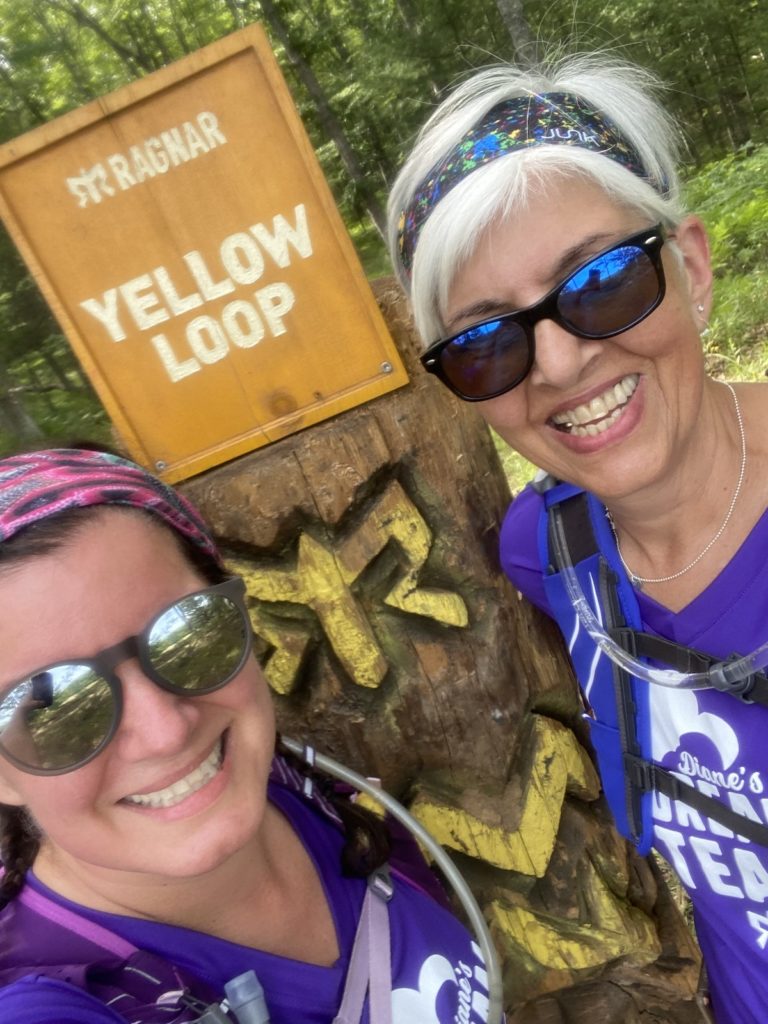

By: Kristi Piziks
I’ve always secretly scoffed at the idea of amateur athletes hiring coaches. I mean, if you’re an elite athlete with a big goal for a big race you have a chance of winning? Sure, splurge on a coach for yourself. But people like 12-minute-mile-me over here, running through the woods because it’s fun? Just trying to stay in good enough condition to run a couple half-marathons a year? Hire a coach? Calm down. Screen-grab a free training plan from the internet and go run. And that’s what I did for years.
In October of 2020, my doctor suggested a hysterectomy. On one hand, I was optimistic about a possible solution to why I’d been feeling horrible the last few years. But I was also kind of freaked out because… a hysterectomy! It sounded so drastic! And among all the other things swirling around in my decision-making process, I wondered how the recovery would affect my ability to keep running and riding my mountain bike.
After a lot of consideration, Google searches and talking to people who had experience with that surgery, I decided to do it. The surgery went well and I settled in for six weeks of recovery. I was exhausted, sore and really, really anxious about the healing process. Everything inside me was, to be frank, all rearranged! I was uncharacteristically unnerved by it all, and as the six week mark grew closer, the idea of physical activity outside of getting in and out of my recliner felt like all-new territory. I was worried I would ruin the mysterious reconstruction inside my body.
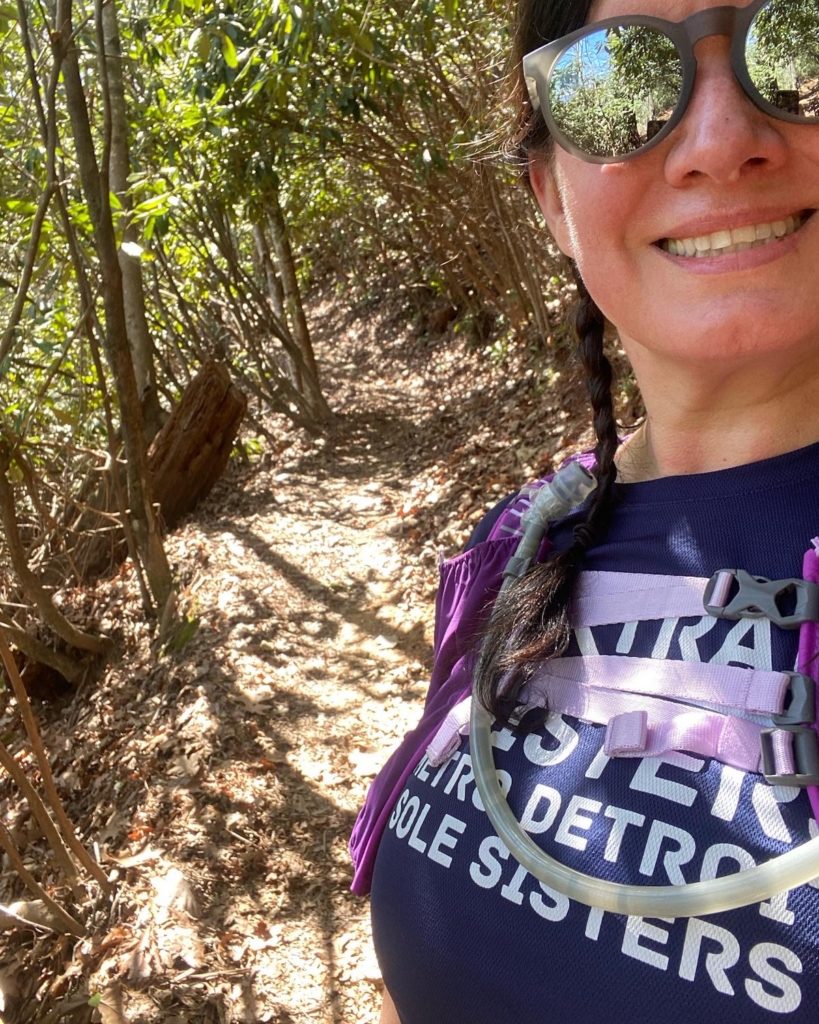
I yearned for a resource to help me figure out a way back into running and mountain biking. You know, someone who could help me determine the right amount of activity as I recovered. Someone to encourage me when I felt ready to run, someone to reassure me when it was time to rest. To help me set the right goals and take the right steps to reach them. If only there was a person like that.
And one day I realized “Ohhhhh. That’s probably what a run coach does.”
I checked in with my friend Gina, founder of Trail Sisters, and asked if she knew any coaches who specifically specialized in post-hysterectomy training. She generously put the message out to the community. A few days later she sent me three options for coaches who don’t specifically specialize in that space but had enough knowledge and experience to help me get where I wanted to be. I clicked on each link, did a deep dive into each website. All three seemed like a great option, but I felt a strong connection to one of them: Sarah Foote.
Since we live in different parts of the country, Sarah and I met on Zoom to talk about what I was looking for, and our first meeting sealed the deal for me. I felt like I could be open with her about my worries and insecurities, and I trusted her to know how to ease me back to where I wanted to be. I figured I’d work with her for three months or so, get back in my groove, and call it good.
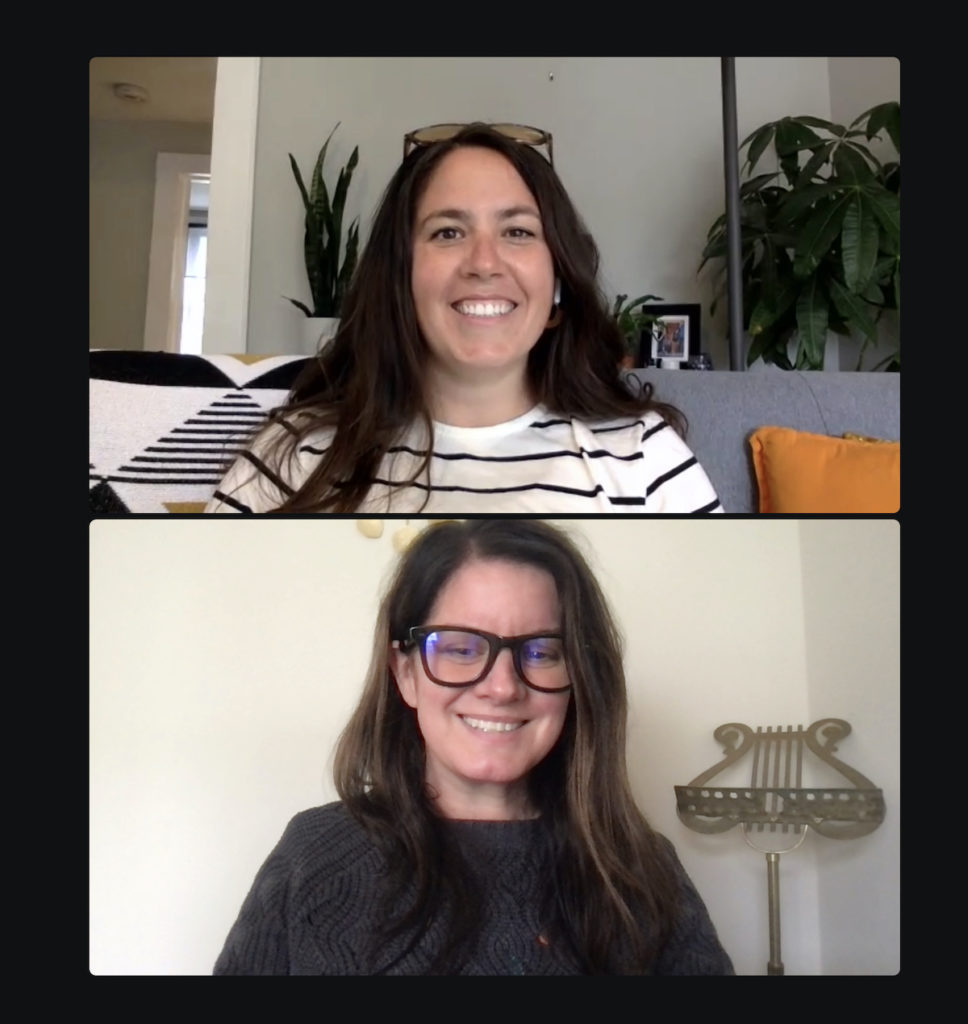
Even though I was cleared for all activity in March, six weeks after my surgery, I was nowhere close to my old energy levels. But because I had Sarah helping me, I was at peace with the slow reintroduction to activities, and that this was the safest and most effective way back to longer distances and sustained efforts.
My first few workouts with her were simply thirty-minute walks. By June I was able to complete a Trail Ragnar with my 8-woman team. It was very slow, and I walked a lot of it. But I did it. I blew past my initial three-month plan and kept working with Sarah over the summer. Doing that, I learned the benefit of slower, shorter runs as part of training. I experienced the benefit of doing speed and hill workouts.
I also benefitted from her guidance when I felt discouraged, or tired, or annoyed, and I was excited to connect with her and celebrate after runs I really enjoyed. This was so important to me, because it turns out healing from a hysterectomy takes more time than you think it should, and made me more emotional than I wanted it to. And for me, the mental battle of running is the one that’s most likely to trip me up. Having that kind of support from someone who knows the deal? That was probably the biggest benefit of all.
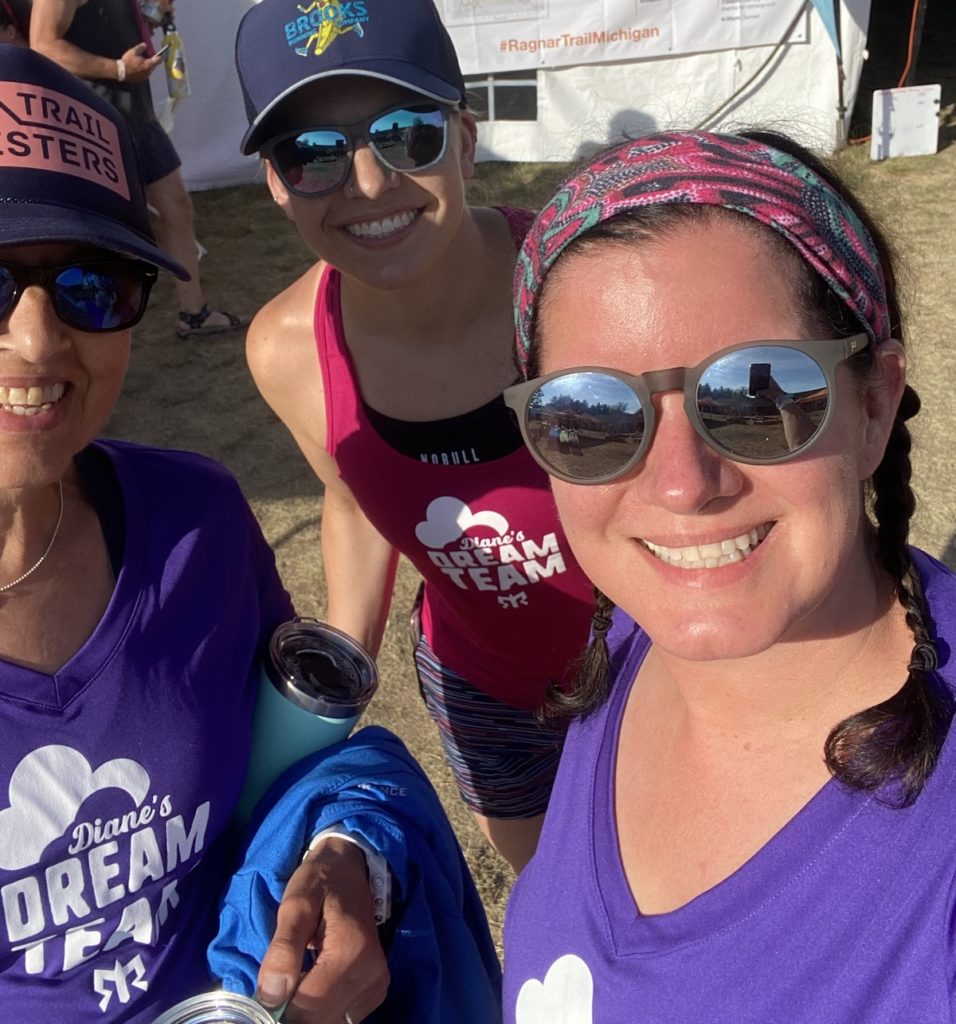
In November I did my first trail half marathon since 2018, in 20 degree temperatures, on a snowy icy trail, with the first 10 miles at a pace I hadn’t seen in four years. After a pause, I started working with Sarah again to stay in shape over the snowy winter, and to help me prepare for a gravel bike race at the end of March.
It’s hard to believe I could ever enjoy running more, but now I do. Speed and hill workouts are my new favorite runs of the week! And I love how much stronger I feel with every stride. I’ve gone from being a secret scoffer to a complete coaching advocate. If you can swing it, give it a try. Even if it’s just for a short time to get ready for an event, or to dial in your form, or to reach a speed goal you’ve been struggling with, the education and support can help you get even more joy out of your runs.
About the Author

Kristi Piziks is a joyful trail runner, an adventure mountain biker and general fan of being in the woods. While her home base is in Southeast Michigan, she loves to travel with her partner Steve to trails (and breweries) all over the country. Kristi was one of the original founders of the Metro Detroit chapter of Trail Sisters in 2018.
Share This Article!


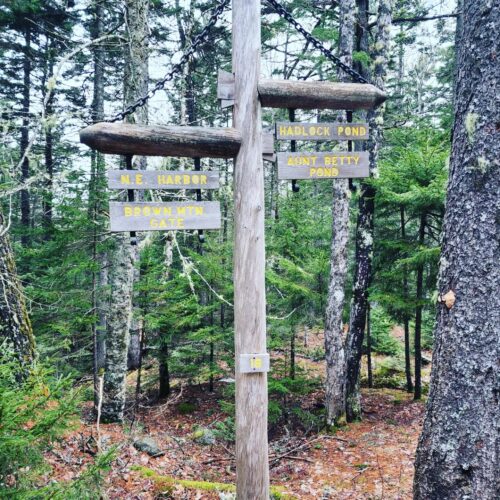
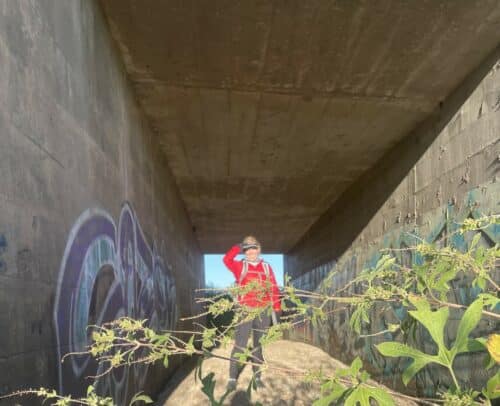

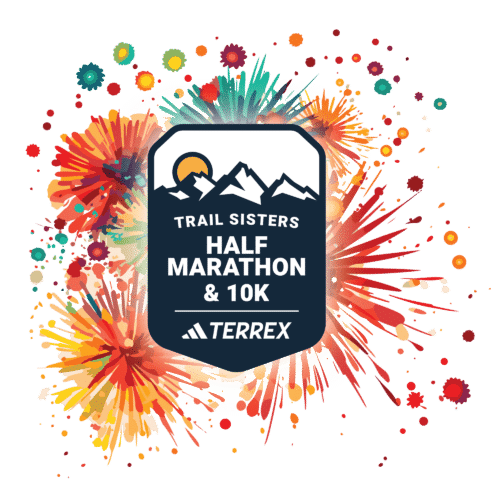
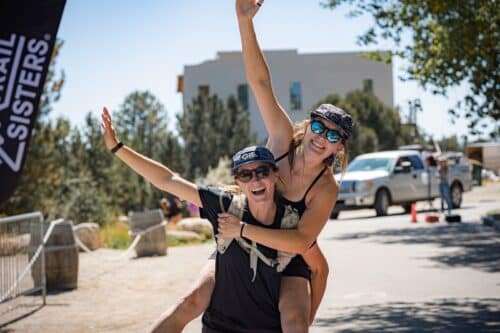

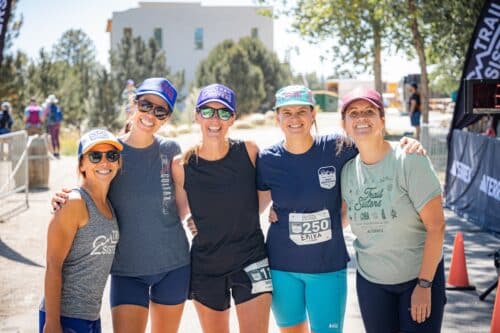
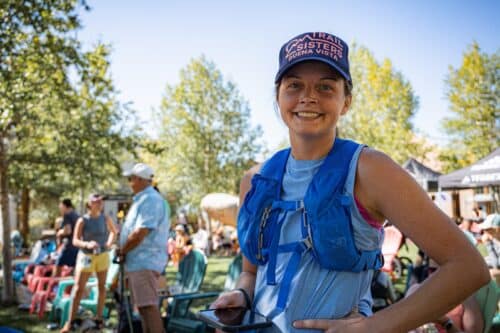
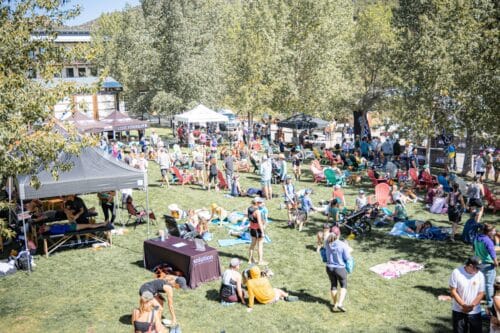
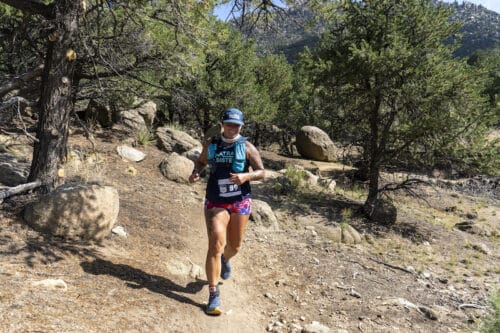
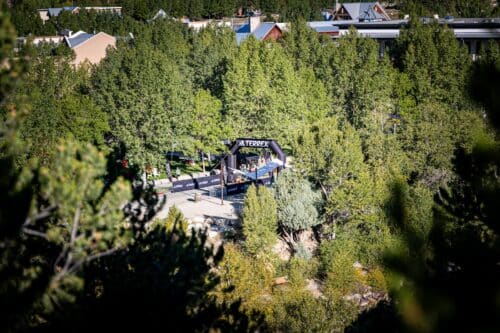
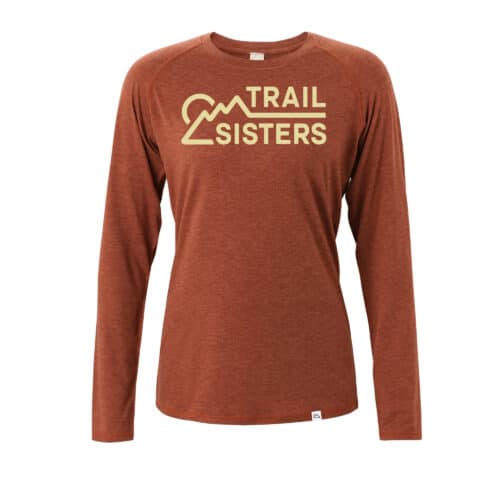
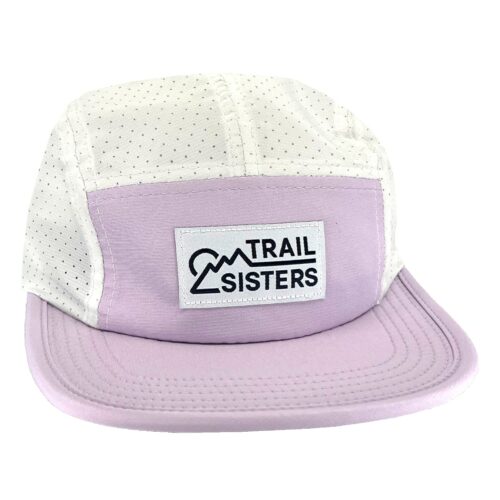
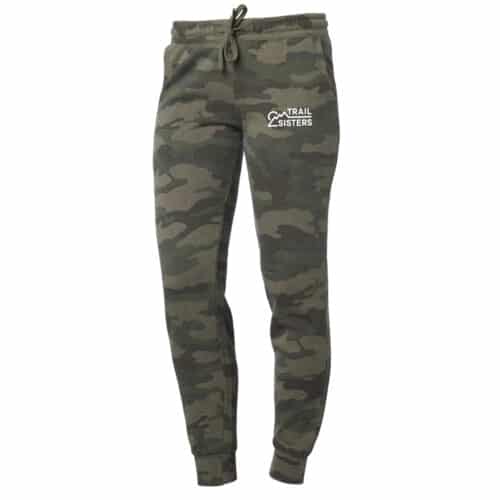
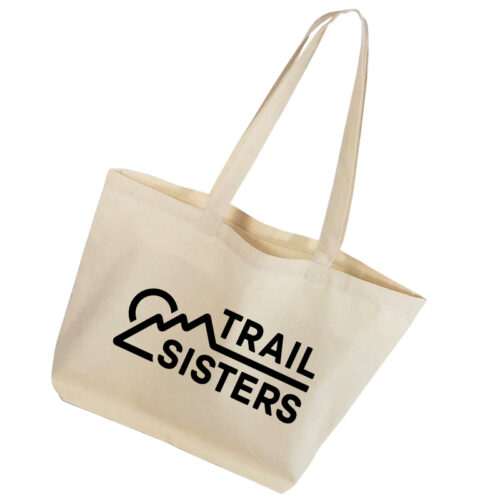
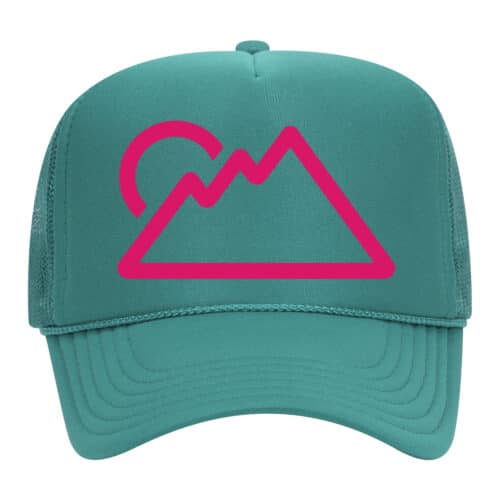
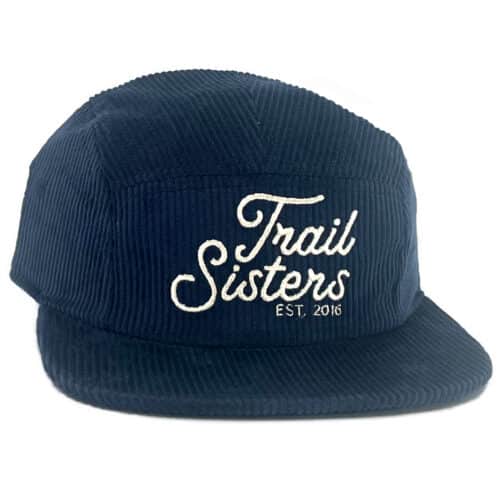

2 Responses
Love this advice from Kristi! I followed her lead and signed up with Sarah for coaching too! I am an “older” runner and having a coach to help me be active, improve my fitness and trail running, safely has been amazing!
Yay Kristi! So glad you’re recovered and enjoying running again. Thanks for this article – I’ve been thinking about seeking a coach when I start training for my next attempt at 100 miles. I’ve shared your initial mindset of being older and slower so why would a coach want to spend time working with me. Really appreciate hearing from a someone I know who has actually worked with one. Well done!